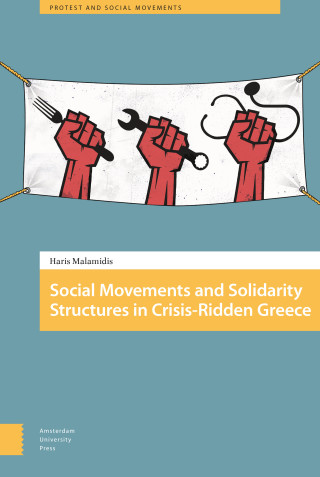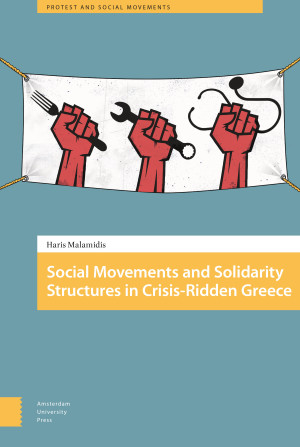Social Movements and Solidarity Structures in Crisis-Ridden Greece explores the rich grassroots experience of social movements in Greece between 2008 and 2016. The harsh conditions of austerity triggered the rise of vibrant mobilizations that went hand-in-hand with the emergence of numerous solidarity structures, providing unofficial welfare services to the suffering population. Based on qualitative field research conducted in more than 50 social movement organizations in Greece’s two major cities, the book offers an in-depth analysis of the contentious mechanisms that led to the development of such solidarity initiatives. By analyzing the organizational structure, resources and identity of markets without middlemen, social and collective kitchens, organizations distributing food parcels, social clinics and self-managed cooperatives, this study explains the enlargement of boundaries of collective action in times of crisis.

